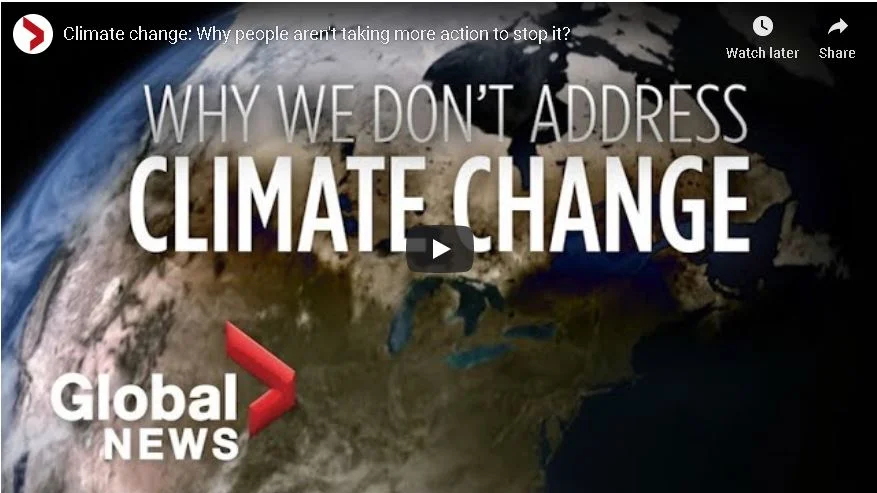City of Brooks asking residents to cut down on water usage
A water shortage has caused the City of Brooks and surrounding area to be put under water rationing. The Eastern Irrigation District (EID) has reported a significant drop in river levels, six to eight weeks earlier than usual due to low snowpack and early snowmelt in the region. In turn, the EID has initiated Stage 3 of their Drought Plan, limiting water usage to two-thirds of normal for residents and businesses in Brooks.





